Mark Knight Talks Wing Commander & Game Audio



AD happened to run across a pair of new (to us) interviews with composer Mark Knight. Mr. Knight has had a long and extensive career in game audio, but the Amiga port of Wing Commander was basically his first entry. The unique Amiga tracks have a popular following among Wingnuts, so it's an interesting story to hear about how he got started in the industry. From Talkin' Games:
Talkin' Games: Let’s move back deeper into history again. 1992 was an important milestone for you as a musician. You were hired by a big and successful studio that developed games across many platforms. You are also known to arrange music for the Amiga port of Wing Commander, which had an excellent original soundtrack that I can easily backtrack in my memories. Perhaps even because of the fact I gave the game another complete playthrough not long ago. Was this the very first game you worked on?Sonic Fuel has a similar interview that starts out with his beginnings and then follows his career.Mark Knight: It was the first full game I worked on. I wrote one track for a game before that: Guy Spy and the Crystals of Armageddon. Wing Commander was my first proper gig, I suppose, and it saved me in some ways because I had left college. I’d been turned down to do music technology at university because, and I quote, “Classical musicians can’t deal with music technology.” So, I didn’t really have anywhere to go. I was 18 or 19 years old, not going to university. I ended up filling out a form to do management training at one of the national supermarkets when Mindscape phoned and asked me if I was interested in working on Wing Commander. I think I really got the gig because Richard Joseph was the composer that normally worked for Mindscape, but from what I understand, I undercut him by about 50 percent. So I got the gig by being cheap [laughing].
But it was a way in. It was only a freelance job, a contract job. But very, very close to the end, the development manager at Mindscape – a guy called Richard Leinfellner, who was a successful Commodore 64 programmer that worked for Palace Software and did games like Barbarian and Barbarian 2 – called offering me a job. And Mindscape was only based around about ten miles away from where I lived in Brighton, so it was extremely lucky really. I’d send disks to as many games developers as I could find the addresses for back in those days, and luckily the one that was closest to me offered me a job.
Chris: Could you share your experiences designing sound effects and arranging music on such titles?Give the Amiga version a listen in this Back to the Roots longplay:Mark Knight: Wing Commander was the most fun to do because of the challenge within the tracker environment that I was already familiar with. I was supplied with the PC MIDI files, which were basically 24 track arrangements for orchestral instruments, and I needed to get that sounding good on the Amiga in less than 200k per tune. I basically had the MIDI files running on my Atari ST computer, using Cubase, and then created a set of samples to make best use of the 4 Amiga sound channels. Major and minor string and brass chords samples were used to fill out the arrangements (not unlike the multiplexed chords used on the C64) and I then re-arranged everything in to 4 channels using Protracker. The music was also interactive in that it switched to different tunes, with no delay, based on the gameplay. We did it, and it got a lot of praise. I listen to it now, and pull my face quite badly when I hear some of the samples, but actually because of the massive constraints I’m proud to have managed to achieve what we did. We also had to take into account the SFX, and the requirement for those to take one of the four sound channels, so the music was arranged in that it was always the least important channel musically which played the SFX.

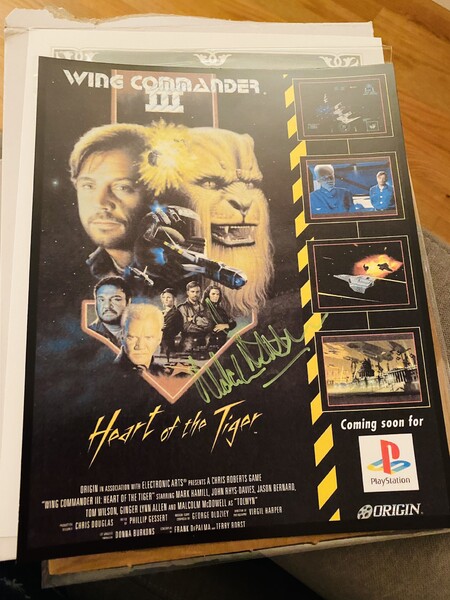
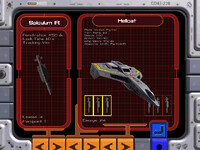
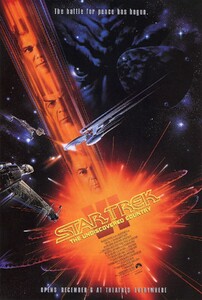

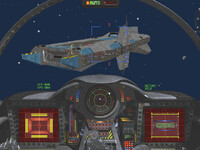
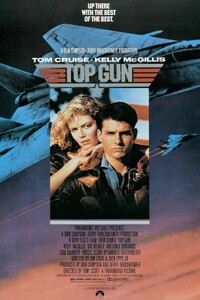
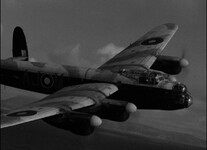
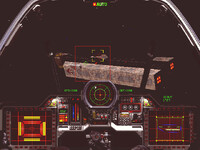


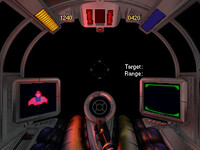

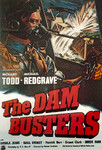
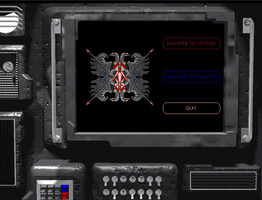
Follow or Contact Us